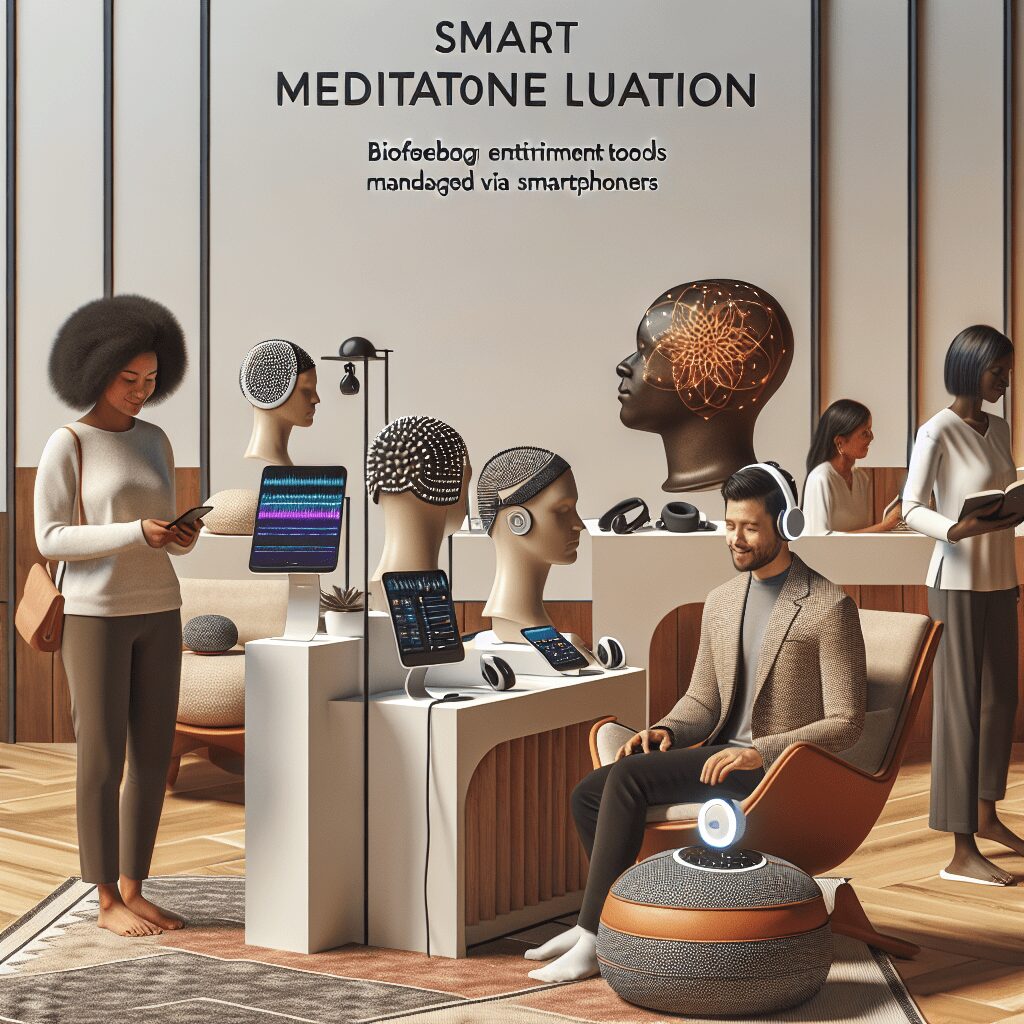
Prioritize your mental well-being daily. Enhance your life by nurturing your mental health with the Smart Meditation app. Break free from stress, alleviate anxiety, and enhance your sleep quality starting today.
Can Vitamins Ans Supplements Cause Anxiety?
Unraveling the Puzzle: Can Vitamins and Supplements Trigger Anxiety?
In an age where health and wellness reign supreme, countless individuals turn to vitamins and supplements as a bastion of well-being. Our shelves are chock-full of bottles and jars, each promising a path to optimal health. Yet, as we navigate through this cornucopia of wellness options, a question emerges from the shadows, somewhat unsettling – can these heralded beacons of health inadvertently fuel the flames of anxiety?
The Double-Edged Sword of Nutritional Supplements
Let’s dive in, shall we? It’s a bit of a tightrope walk, truly. On one hand, vitamins and supplements are lauded for their health benefits, filling in nutritional gaps and bolstering our defenses against disease. On the flip side, though, an excess of certain nutrients or the wrong combination can throw your body’s delicate balance out of whack, potentially leading to heightened anxiety.
Culprits on the Radar
-
Caffeine Supplements: These are the usual suspects, known for their jitter-inducing effects. Whether it’s in your morning cuppa or a pill, too much caffeine can send your anxiety levels through the roof.
-
Energy Boosters: Ah, the infamous energy drinks and supplements. Laden with stimulants, they can rev your engine while also cranking up your anxiety levels. Proceed with caution!
-
High-Dose Vitamin B: Though B vitamins are critical for energy and mood, an overdose can push the panic button, especially in individuals sensitive to these nutrients.
-
Fat-Soluble Vitamins (A, D, E, K): Unlike their water-soluble cousins, these guys hang around in your body longer. Too much can not only be harmful to your physical health but also potentially agitate your mental well-being.
-
Herbal Supplements: Some herbs like St. John’s Wort or ginseng have mood-altering effects and could interact with your body’s chemistry in unpredictable ways, occasionally ramping up anxiety.
Smart Supplementation: A Path to Balance
Fear not, for it’s not all doom and gloom. The secret sauce here is balance and mindfulness. Here’s a quick guide to keeping your supplement savvy sharp:
-
Start with real food: Aim to get your nutrients from a colorful, varied diet. Supplements should fill gaps, not replace whole foods.
-
Know your needs: Everyone’s body is a unique ecosystem. Consider a chat with a healthcare provider to tailor your supplement regimen to your body’s specific requirements.
-
Less is often more: When it comes to dosages, don’t subscribe to the “more is better” philosophy. Follow recommended doses and heed the advice of professionals.
-
Quality counts: Opt for reputable brands that have undergone third-party testing. It’s your health, after all.
-
Monitor and adjust: Keep an eye on how you’re feeling. If a supplement seems to be stirring the pot of anxiety, it might be time to reassess your stack.
In wrapping up this exploration, the takeaway is quite clear. Yes, vitamins and supplements can, in some cases, contribute to or heighten anxiety. However, armed with awareness and the right approach, you can navigate these waters safely. Remember, the goal is to nurture your health, not to battle unexpected side effects. Your journey toward wellness should inspire peace, not induce panic. Here’s to a balanced and informed path to well-being!





